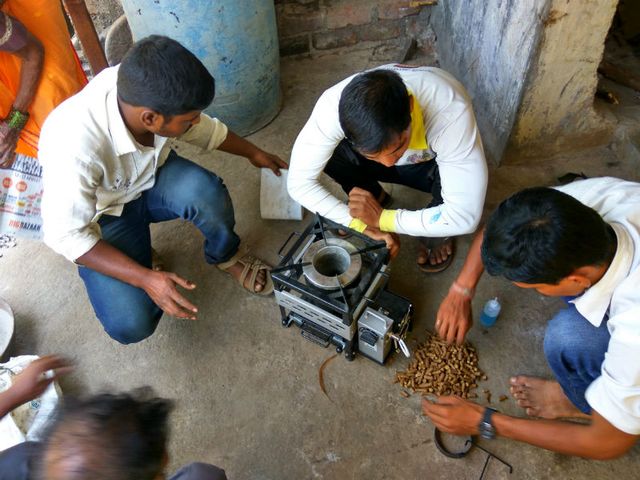Top CSR Projects in Pune
Related Articles
Infosys Techie टॉयलेट में महिला का वीडियो बनाते ‘अनैतिक काम’ करते पकड़ा गया
Infosys Senior Associate Bengaluru स्वप्निल नागेश माली, जो मूल रूप से आंध्र प्रदेश का रहने वाला है, को 30 जून को बगल के शौचालय...
Top Companies for CSR in Assam
North-East India has been the most neglected region when it comes to corporate social responsibility. However, the tide is turning. CSR spending in the...
Shefali Jariwala Death Cause: हो गया खुलासा, शेफाली जरीवाला की मौत इस कारण से हुई?
Shefali Jariwala Death: मशहूर अभिनेत्री और मॉडल शेफाली जरीवाला की अचानक मौत ने न सिर्फ उनके प्रशंसकों को झकझोर दिया, बल्कि मेडिकल और सामाजिक स्तर...

